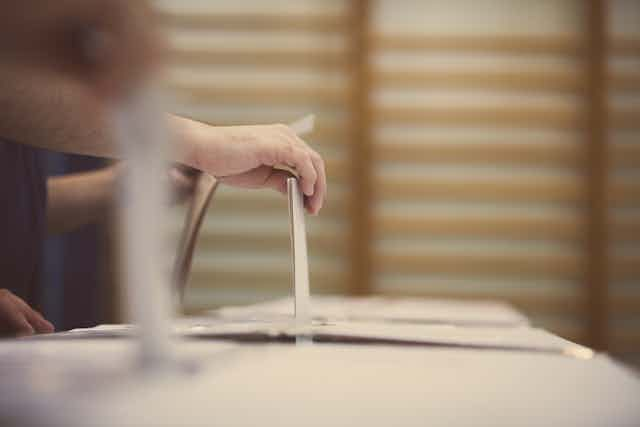If my sampling of the EU referendum media coverage is anything to go by, there is one thing that wavering voters want above everything else. They want the facts: plain, simple and unvarnished.
What would leaving the EU, or remaining within it, mean for Britain’s future? If we were to leave, what trade deals would be struck? What would be the implications for sovereignty, or public finances, or the very future of the European Union? And if Britain stays, what will be the direction of future immigration, European regulation, “ever-closer union”, or European enlargement? Without the facts, how can we possibly make a sensible decision?
But is this clamour for the facts quite what it seems? After all, we continually make decisions, without the full facts in our possession. Confronted with any challenging life decision, from whether to have a child, who to marry, or whether to change career, we’re never sure of “the facts” and how could we possibly be?
The facts that matter are always beyond our reach – we can’t know the future of our own lives, still less an entire nation’s, in remotely enough detail to be really sure what to do. And which facts are we demanding, precisely? Imagine a crystal ball that could provide us with graphs of levels of house prices, migration, the value of the pound, or the number of EU laws, from now into the far future. I suspect this crystal ball would not help many of us come to any firm conclusions.
And the feeling that the right “facts” would resolve all our uncertainties rests on a mistaken picture of how we come to decisions – as if we normally decide what to do by tracing out a logical argument, based on rigorous uncontested facts, and deducing how we should act. But decision-making almost never works like this.

In everyday life, most of our decisions are not based on careful logical analysis of any kind; instead, we tend to do what we normally do (drive the same routes, buy the same toothpaste). And when we come to a decision which is new, but not all that new, we can adapt our past decisions for new purposes. Baffled by the choice of conditioner? Just pick the same brand as you normally choose for shampoo. Looking for a new holiday destination? Just choose a holiday a bit like one you have had before.
And this is why the decision over Brexit is such a challenging one: it is a decision very different from any we have made before.
Copycats
Of course life continually presents us with totally new decisions to make (if not always as momentous as the EU referendum). And for many of these, we have another strategy: do what others do. And not just any others. We tend to be especially keen to copy people who we believe are like us, or are especially clever, knowledgeable, or just “cool”.
This strategy works very well much of the time: after all, we do find ourselves speaking the same language, using the same jargon, eating the same foods, sitting on the same sofas, looking at the same laptops and even reading the same websites as people we think of as “like us”. So we can solve the problem of whether to have children, marry our partners or choose our careers, in part, by working out who is like us, or perhaps we want to be like us, and doing what they do.
Applying this strategy to Brexit, we can transform the question: “What do I think?” into: “What do people like me think?” For many of us, this is a much easier question – if you identify yourself with typical readers of, say, The Guardian or The Daily Telegraph, then you probably have a pretty good idea of which way people like you are likely to vote.

But with Brexit, even this strategy isn’t foolproof. After all, consider the divisions over Europe within both Labour and Conservative parties. We may find that even people like ourselves have a jumble of different viewpoints – and, if so, we may not be much further forward.
What then are we to do? The obvious answer, of course, is to study the evidence and think through the issues for ourselves. But this isn’t a very constructive answer – or an entirely reasonable one. If the politicians, historians, political scientists can’t agree, how are we supposed to figure it out?
So the clamour for the facts shouldn’t be taken at face value. When we are calling for the facts, what we are really saying is: “help!”

